Cybercrime rate rising in Uzbekistan
On July 8, President Shavkat Mirziyoyev reviewed a presentation on measures to curb crime and ensure the rule of law at the neighborhood level.

Photo: Presidential Press Service
It was noted that in 2025, the early prevention of offenses in every neighborhood was set as a top priority, with senior officials assigned to oversee high-crime areas.
Over the past six months, an effective social prevention system has been established for each region, district, and neighborhood based on tailored roadmaps. The coverage of public space digitalization has increased, and law enforcement academies have conducted scientific and practical research. Special attention has been given to preventing crimes involving minors, youth, women, and within family and domestic relationships. As a result, no crimes were reported in 5,200 neighborhoods.
Nonetheless, some neighborhoods still face serious criminal threats. The president emphasized the need to strengthen the efforts of prevention inspectors, rapid response units, patrol services, and security personnel to ensure public safety on the ground. He stressed the importance of driving systemic efforts to the local level so that every neighborhood becomes crime-free.
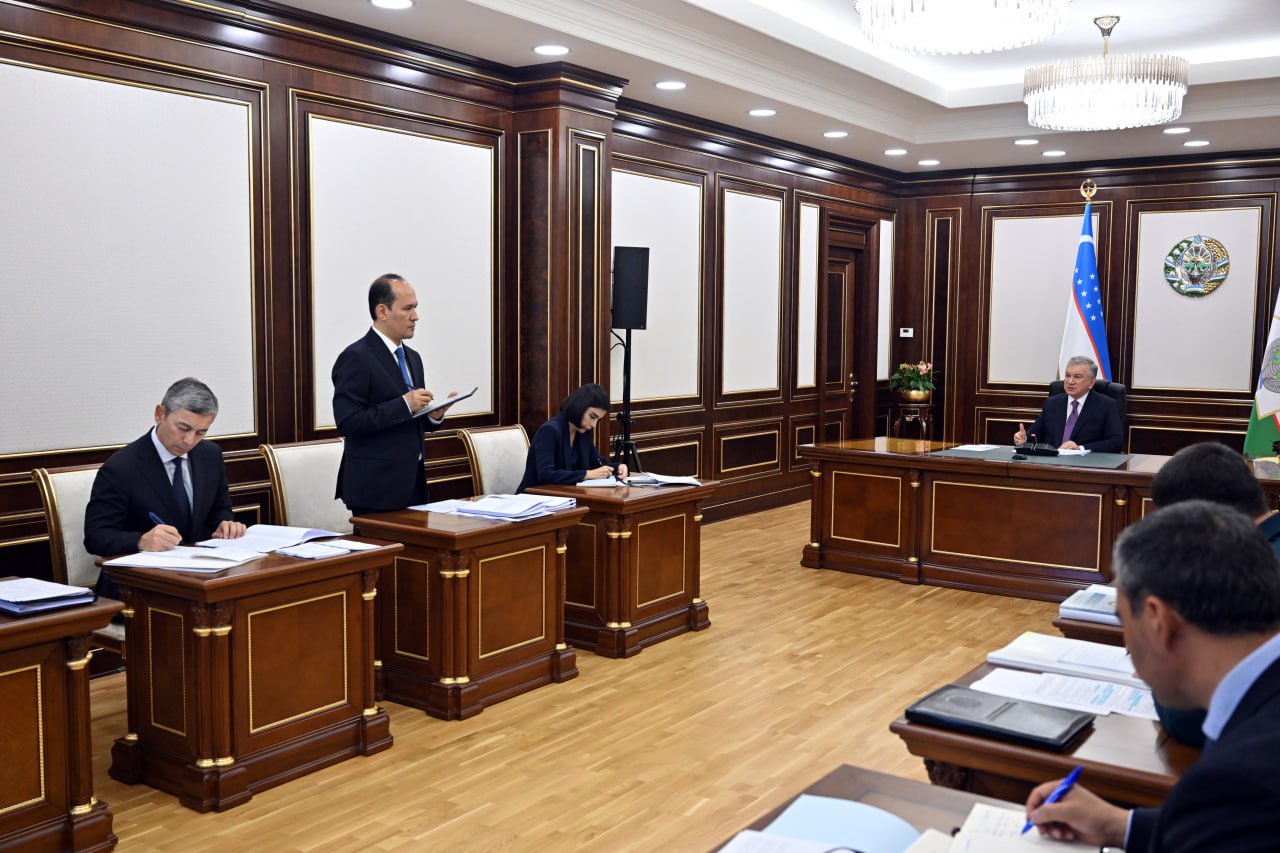
The rise of drug abuse among the population, especially youth, remains a concern. Although authorities are actively combating this issue by destroying illegal substances and clandestine laboratories, the problem persists. Therefore, the President called for the wider use of video surveillance and artificial intelligence to detect and eliminate the sources of drug distribution at their root.
Another pressing issue is cybercrime, which has accounted for 42% of all crimes committed in Uzbekistan since the beginning of the year.
In this regard, the need to strengthen cybercrime prevention, raise public awareness and digital literacy, and ensure the financial security of users in payment systems was highlighted.
Improving the knowledge and qualifications of law enforcement personnel was described as a necessity of the times. Accordingly, the activities of the Ministry of Internal Affairs Academy are set to be enhanced. Plans include gradually increasing enrollment quotas, launching new fields of study, and developing dual education programs.
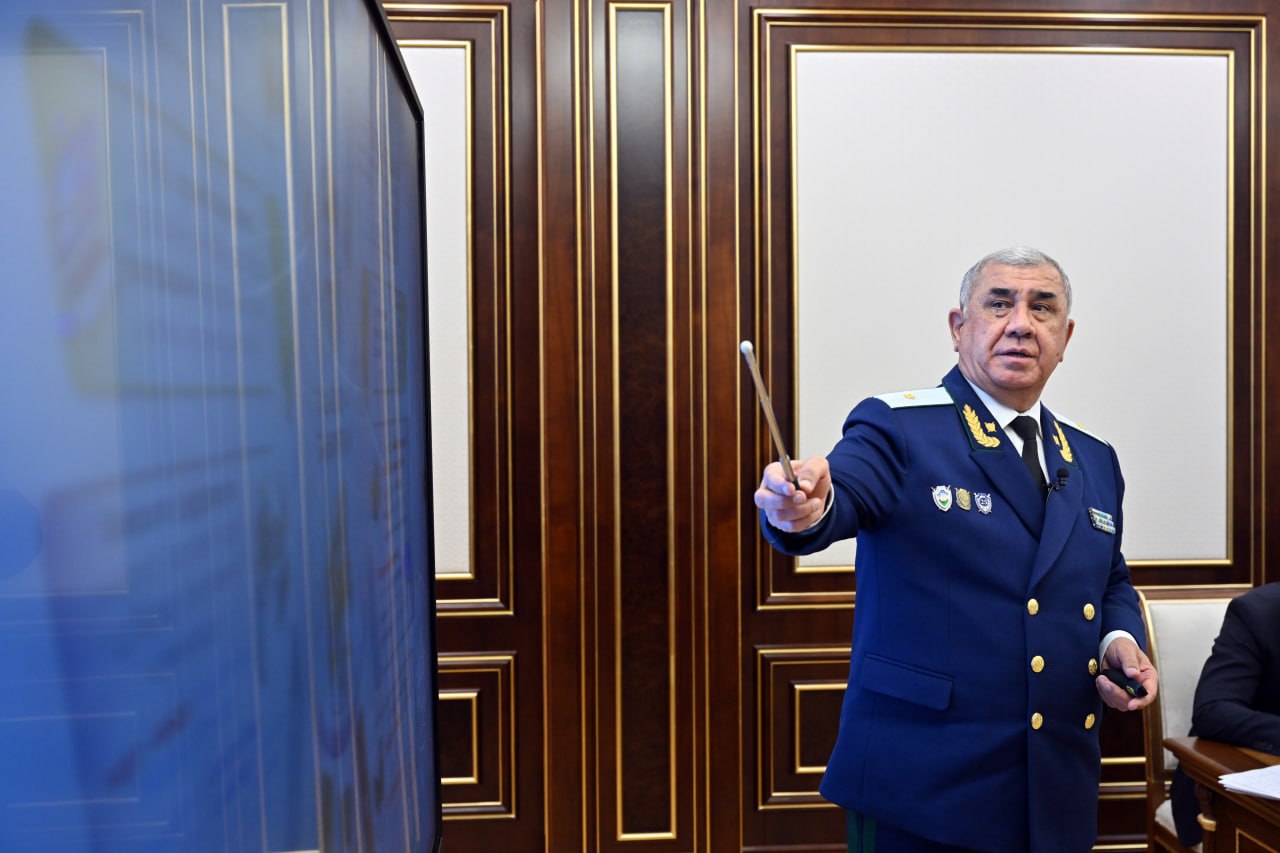
The President also issued instructions to adapt training and qualification programs to modern security threats and to boost the physical and psychological readiness of personnel.
It was emphasized that the internal affairs system is closely cooperating with the prosecutor’s office and other law enforcement agencies. In particular, the criminal situation across the country is being analyzed daily, and targeted monitoring measures are being carried out. The causes of each crime are being investigated, and steps are being taken to prevent recurrence. Efforts are also being made to support the social reintegration of individuals with criminal records or under administrative supervision.
Additional tasks were assigned to improve coordination and responsiveness among law enforcement bodies, to identify the root causes of offenses in a timely manner, and to significantly reduce crime levels. Finally, the President underscored that peace, order, and the rule of law are essential for economic development and public welfare in the country.
Related News

13:28 / 05.07.2025
Uzbekistan and Pakistan discuss new defense industry projects
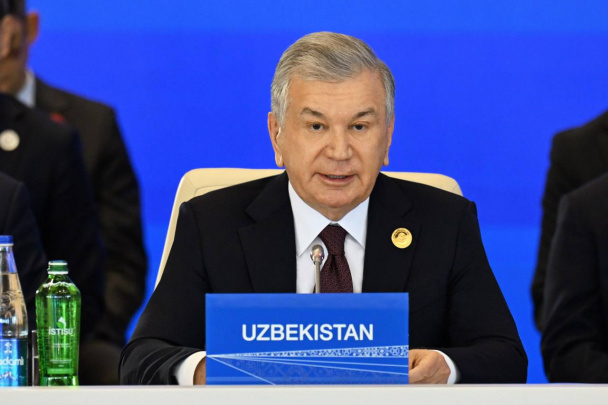
17:31 / 04.07.2025
Shavkat Mirziyoyev calls for end to violence in Gaza, urges recognition of Palestinian state
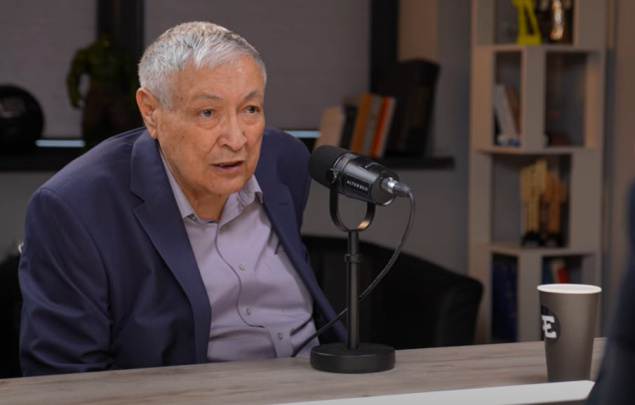
18:35 / 25.06.2025
“Karimov thought he could control the market by force” — Former Defense Minister speaks out
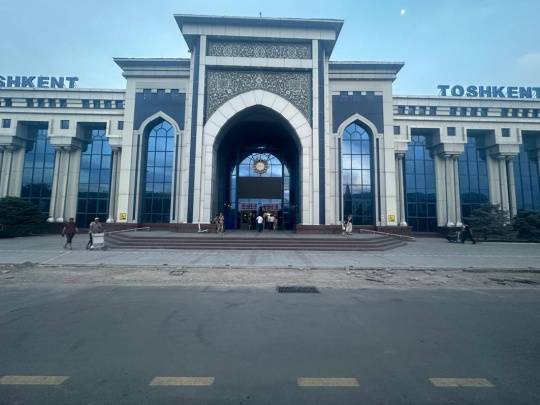
18:35 / 12.06.2025



